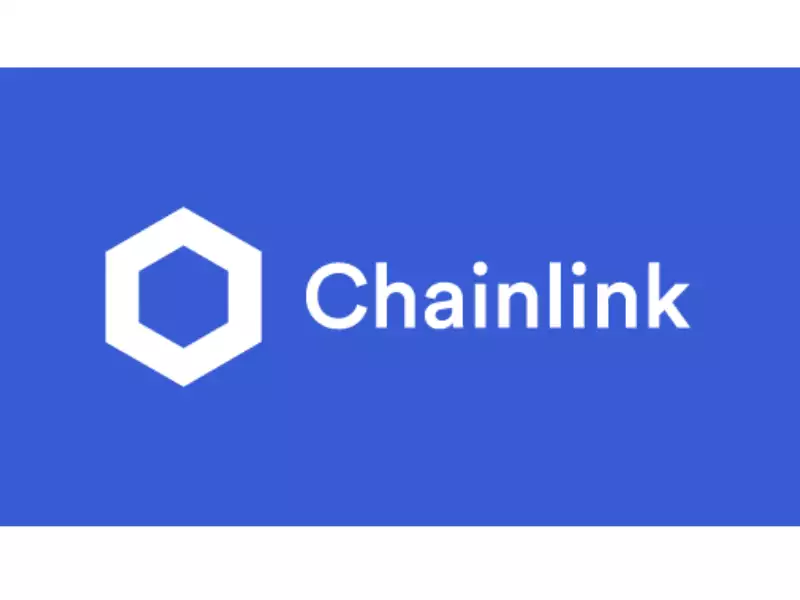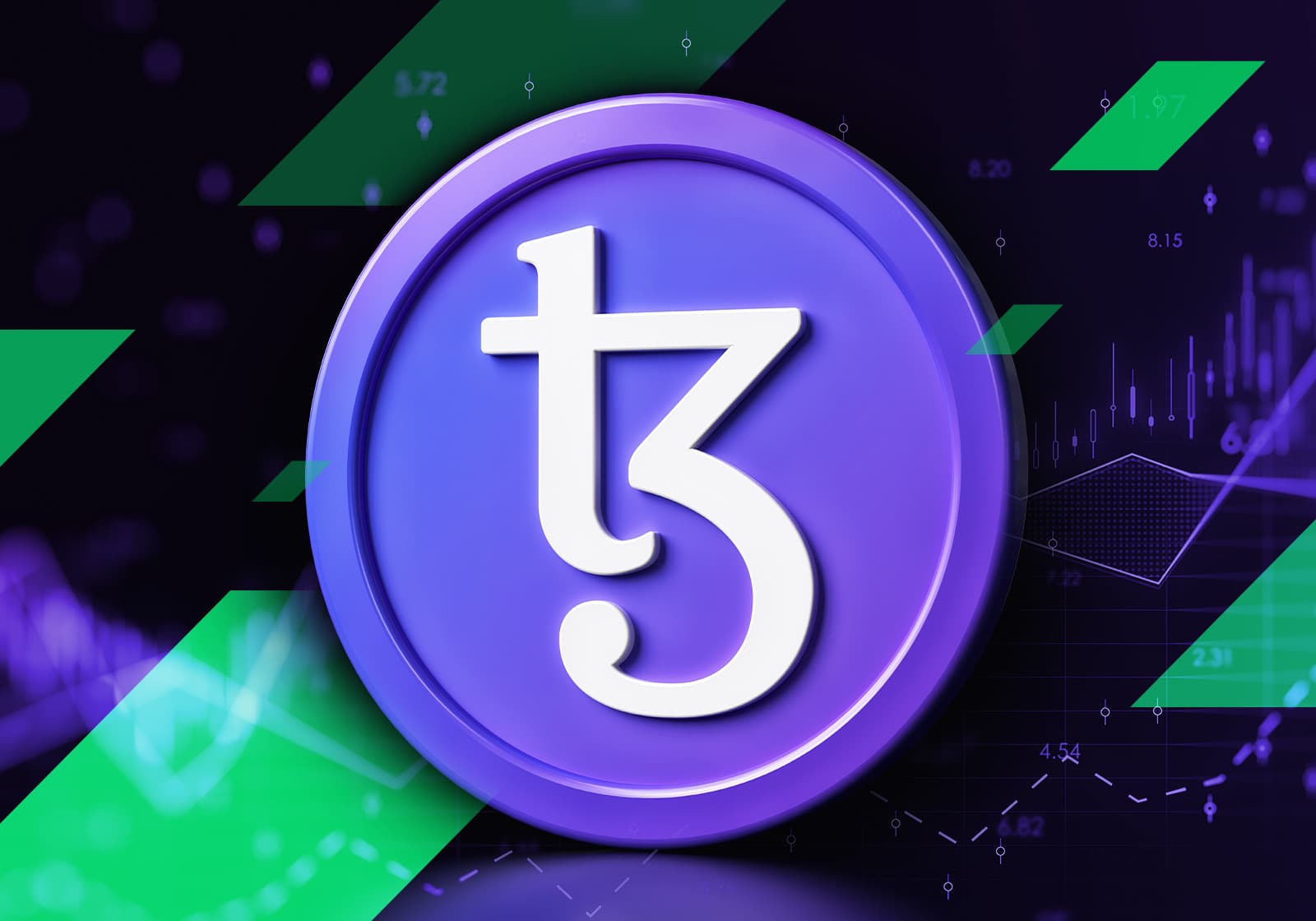BITCOIN MINING PROFITABLY HAS NEVER BEEN HARDER
To thrive in the world of Bitcoin Mining should not only invest in cutting-edge hardware and software but also consider electricity costs.
Cryptocurrency mining has undergone a remarkable transformation in recent years. Once a hobbyist's pursuit, it has evolved into a global industry that demands state-of-the-art hardware, specialized software, and a keen understanding of the cryptocurrency market. This blog will explore the world of cryptocurrency mining, from the mining machines and software to the mining sites and profitability calculations, as well as the role of cryptocurrency mining apps and miners in this ever-evolving landscape.
The Evolution of Cryptocurrency Mining
Cryptocurrency mining is the process by which new digital currencies are created and transactions are verified on a blockchain network. Initially, Bitcoin was mined using standard computer CPUs. Over time, miners recognized the need for more processing power, leading to the development of more advanced hardware solutions.
Cryptocurrency Mining Machines
- CPU Mining: In the early days of Bitcoin, miners used standard CPUs to solve complex mathematical problems. However, as more people entered the mining space, this method became inefficient due to low processing power.
- GPU Mining: Graphics Processing Units (GPUs) offered substantial improvements over CPUs, making mining more efficient and profitable. GPUs are still used in some cryptocurrency mining operations today.
- ASIC Mining: Application-Specific Integrated Circuits (ASICs) are specialized machines built exclusively for cryptocurrency mining. They offer unmatched processing power, significantly increasing mining efficiency and profitability. Bitcoin miners, for example, primarily use ASIC machines.
Crypto Mining Software
Mining software is the backbone of any mining operation. It connects the mining hardware to the blockchain network and allows miners to participate in the process. Some popular mining software includes:
- CGMiner: A widely used open-source mining software that supports a variety of mining hardware.
- BFGMiner: Similar to CGMiner, BFGMiner is known for its versatility and compatibility with various hardware setups.
- NiceHash: A platform that connects miners with buyers of hashing power, offering a convenient and profitable mining solution.
Crypto Mining Sites
Cryptocurrency mining is often carried out in mining pools, where miners combine their computational resources to increase the chances of successfully mining a block. Some popular mining pools include:
- Slush Pool: One of the oldest and most reputable mining pools in the industry.
- F2Pool: Known for its global reach and support for multiple cryptocurrencies.
- Antpool: Operated by Bitmain, a major player in the mining hardware industry.
Profitability in Cryptocurrency Mining
The profitability of crypto mining sites is influenced by several factors:
- Mining Difficulty: As more miners join the network, the mining difficulty increases, making it harder to mine new blocks. This impacts profitability, especially for individual miners.
- Electricity Costs: Mining requires a significant amount of electricity. Miners must consider their local electricity rates when calculating profitability.
- Hardware Costs: The cost of mining machines, maintenance, and upgrades directly affects profitability.
- Market Volatility: Cryptocurrency prices are notoriously volatile. The value of mined coins can fluctuate greatly, impacting profitability.
Cryptocurrency Mining Calculators
To assess the profitability of a mining venture, various online calculators are available. These tools take into account factors like electricity costs, hardware efficiency, and current market prices to estimate potential earnings and returns on investment.
Bitcoin Mining Apps
There is a growing trend in the development of Bitcoin mining apps that allow users to mine cryptocurrencies using their smartphones. While convenient, mobile mining is generally less profitable than traditional methods due to the limited processing power of mobile devices.
Cryptocoin Mining Rigs
For miners who are serious about their operations, building a mining rig is a popular choice. These rigs consist of multiple GPUs or ASIC machines, allowing miners to harness significant processing power for optimized profitability.
Miners for Cryptocurrency
Miners are individuals or entities engaged in the process of cryptocurrency mining. They contribute their computational power to validate transactions and secure the blockchain network. Mining farms are large-scale operations that involve numerous miners and machines, while individual miners are typically hobbyists or small-scale miners with a few machines.
Cryptocurrency mining has evolved from a simple hobby into a complex and competitive industry. The choice of mining machine, software, mining site, and the ability to calculate profitability are crucial factors in determining success in this field. As the industry continues to grow and adapt, miners must stay informed and make strategic decisions to remain profitable in this ever-changing landscape.
To thrive in the world of miners for crypto should not only invest in cutting-edge hardware and software but also consider electricity costs, market volatility, and the latest industry trends. As the industry evolves, cryptocurrency mining is likely to become more challenging, but with the right tools and knowledge, it remains a potentially profitable endeavor for those willing to invest time and resources.
Remember, cryptocurrency mining is not a get-rich-quick scheme, and success often requires a combination of expertise, experience, and a calculated approach to risk and profitability.
What's Your Reaction?















